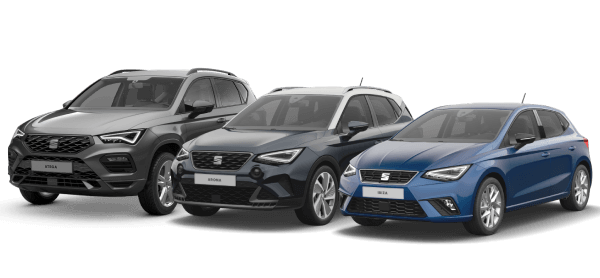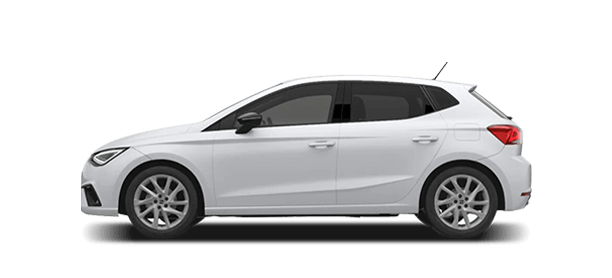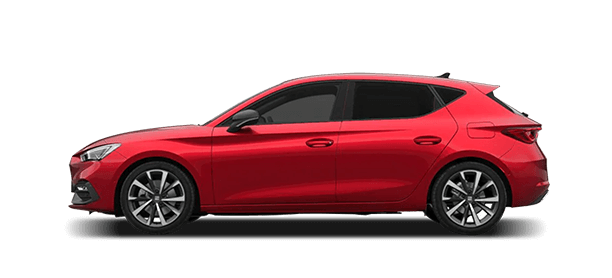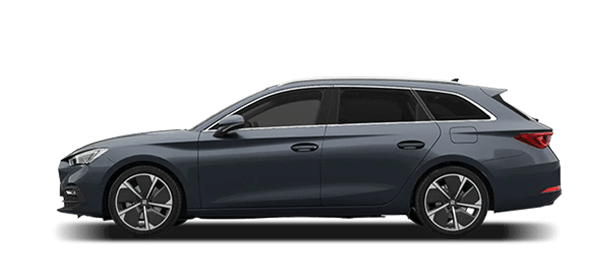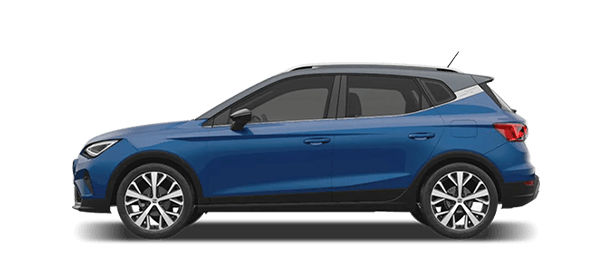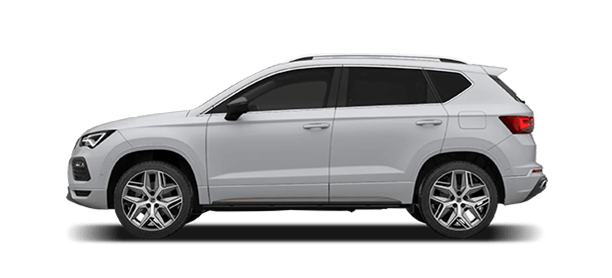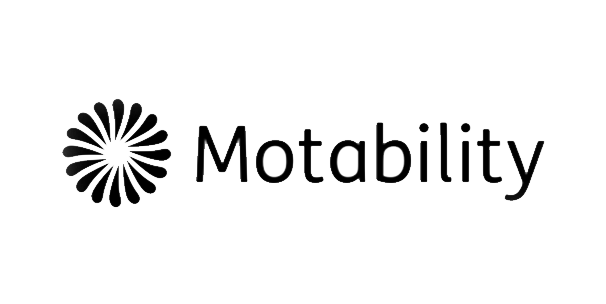Controller Area Network – CAN
The electronic components of a car include more and more functions over time. Conventional wiring techniques with long lines can no longer cope with this information exchange, requiring use of the CAN databus.
The term Controller Area Network (CAN) refers to a serial bus system developed for automotive use. The CAN bus provides digital data exchange between sensors, actuators and control units, ensuring that several control units process the information from a sensor and that actuators can be controlled accordingly.
In addition to short cable routes, one particular advantage of the CAN bus is that if one component fails, the rest of the system continues to function, thus significantly reducing the risk of total failure.
More and more well-known electrical systems are being controlled via the CAN databus, improving safety and comfort. For example, the power-free light switch in the Leon. Simply select the type of lighting and the controller supplies the lamps with the necessary operating power. This allows functions such as the Coming Home feature to work.
Because of the varying repetition rates of the signals and the ensuing volume of data, CAN bus systems are divided into three categories: 1) The Drive CAN bus transmits, among other things, the signals from the engine control unit, the transmission control and the ABS/ESP unit. 2) The Comfort CAN bus is crucial for climate control. 3) The Infotainment CAN bus is responsible for the signals from the car radio with speed-sensitive volume adjustment.





